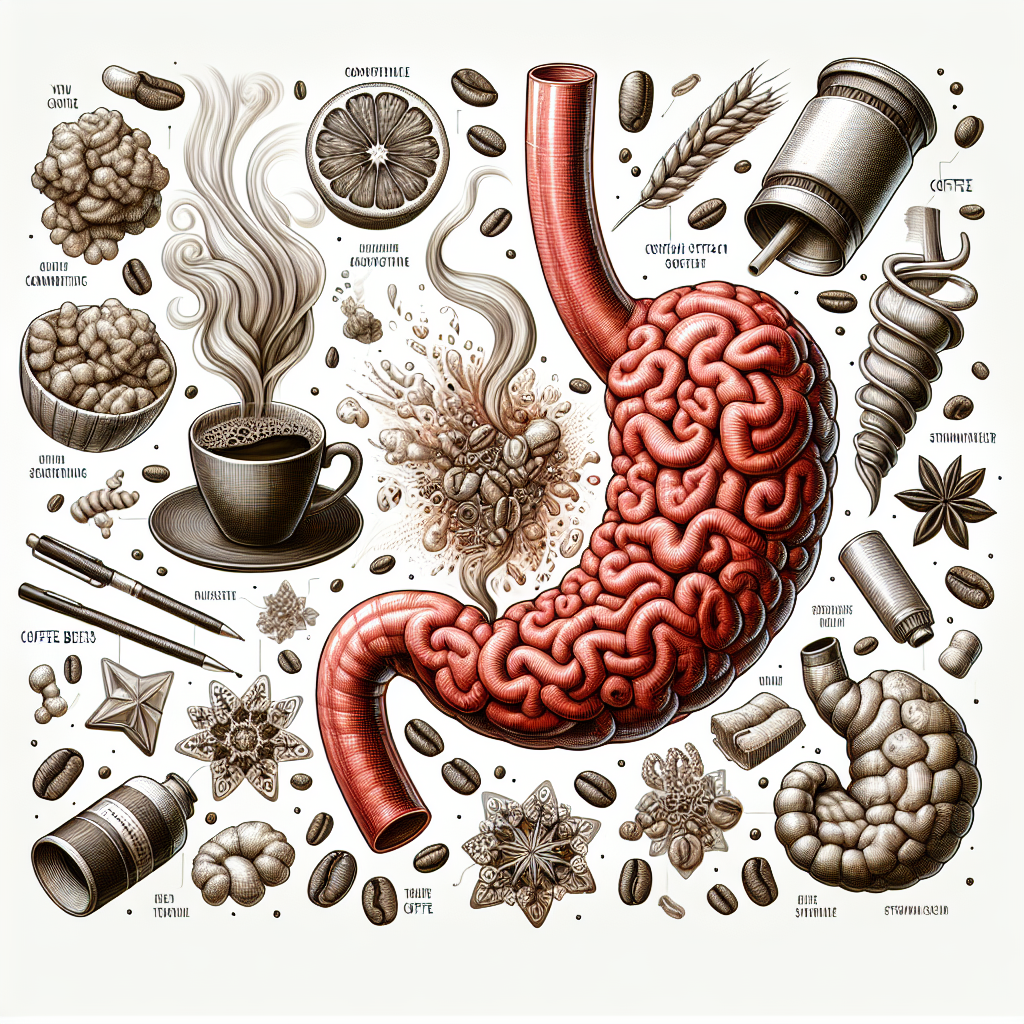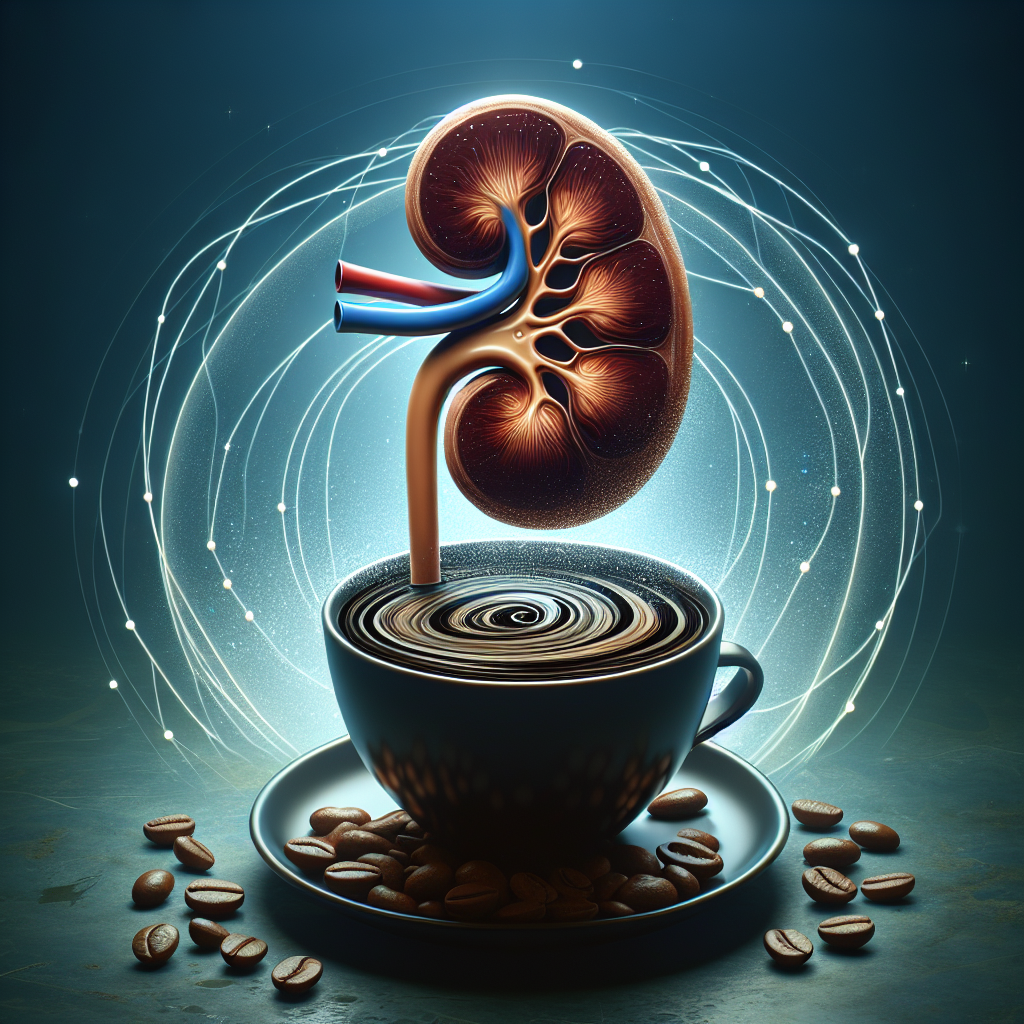Introduction
Imagine waking up to the invigorating aroma of freshly brewed coffee. For many, coffee is not just a beverage but an essential part of their daily ritual. However, have you ever stopped to wonder if your favorite cup of joe is actually good for your health? In this article, we delve into the mysteries surrounding coffee’s health benefits and potential risks, helping you make informed decisions about your caffeine consumption.
- Health Benefits of Coffee
- Potential Risks of Drinking Coffee
- How Much Coffee is Too Much?
- Coffee Alternatives
Health Benefits of Coffee
Coffee aficionados often tout the various health benefits associated with this beloved beverage. But what does science say? Let’s explore some of the most compelling reasons to enjoy your morning brew.
Rich in Antioxidants
One of the standout benefits of coffee is its high antioxidant content. These antioxidants help combat free radicals in the body, potentially reducing the risk of chronic diseases. In fact, studies have shown that coffee may be one of the largest sources of antioxidants in the Western diet.
Boosts Cognitive Function
If you’ve ever felt more alert after a cup of coffee, you’re not alone. Caffeine, the primary active ingredient in coffee, is known to enhance cognitive function by stimulating the central nervous system. This can lead to improved focus, memory, and even mood enhancement.
Supports Heart Health
Moderate coffee consumption has been linked to a lower risk of heart disease. Research suggests that coffee drinkers may have a reduced risk of stroke and other cardiovascular issues. However, it’s important to note that excessive consumption could have the opposite effect.
Potential Risks of Drinking Coffee
While coffee offers numerous health benefits, it’s not without its drawbacks. Let’s take a closer look at some potential risks associated with this popular beverage.
Increased Anxiety
For some individuals, the stimulating effects of caffeine can lead to increased anxiety and jitteriness. If you find yourself feeling overly anxious after consuming coffee, it might be worth considering reducing your intake or opting for decaffeinated versions.
Disrupted Sleep Patterns
Caffeine is a powerful stimulant that can interfere with sleep if consumed too late in the day. Poor sleep quality can have a cascading effect on overall health and well-being, making it crucial to monitor your coffee consumption, especially in the afternoon and evening.
Digestive Issues
Some people may experience digestive discomfort, such as acid reflux or stomach upset, after drinking coffee. This can be attributed to coffee’s acidic nature and its stimulation of stomach acid production.
How Much Coffee is Too Much?
The key to reaping the benefits of coffee while minimizing its risks lies in moderation. According to dietary guidelines, up to 400 milligrams of caffeine per day (roughly four cups of brewed coffee) is generally considered safe for most adults. However, individual tolerance levels vary, so it’s essential to listen to your body and adjust accordingly.
Coffee Alternatives
If you’re looking to reduce your coffee intake or explore other options, several alternatives can provide similar energy-boosting effects without the potential downsides.
Green Tea
Green tea offers a gentler caffeine boost along with a rich array of antioxidants. It also contains L-theanine, an amino acid that promotes relaxation without drowsiness.
Herbal Teas
Herbal teas like chamomile or peppermint offer a caffeine-free option that can still provide warmth and comfort. These teas come with their own set of health benefits, ranging from improved digestion to enhanced relaxation.
Key Takeaways
- Coffee is rich in antioxidants and can boost cognitive function and heart health.
- Excessive coffee consumption may lead to increased anxiety, disrupted sleep patterns, and digestive issues.
- Moderation is key – up to 400 milligrams of caffeine per day is generally safe for most adults.
- Consider exploring coffee alternatives like green tea or herbal teas for a gentler boost.
Conclusion
In the grand tapestry of life, coffee can be a delightful thread when woven in moderation. By balancing its consumption and paying attention to your body’s signals, you can savor each sip while safeguarding your health. So, next time you reach for that aromatic cup, remember that mindful indulgence is the secret ingredient to enjoying coffee’s many charms.
For more insight on setting up Laravel on a local server, feel free to delve into our helpful guide for installing laravel on a local server and moving forward with developing on it.
For additional information on the health benefits and risks of coffee, visit reputable sources such as the [Harvard T.H. Chan School of Public Health](https://www.hsph.harvard.edu/news/press-releases/coffee-may-be-good-for-health/) and [Mayo Clinic](https://www.mayoclinic.org/healthy-lifestyle/nutrition-and-healthy-eating/expert-answers/coffee-and-health/faq-20058044).
How much caffeine is in a cup of coffee
Unlocking the Mystique – Exploring the Rich Flavor Profile of Black Coffee
The Ultimate Guide to Brewing the Perfect Cup of Black Coffee at Home
Health Benefits Unveiled – How Black Coffee Boosts Your Well-being
From Bean to Cup – The Fascinating Journey of Black Coffee Production














